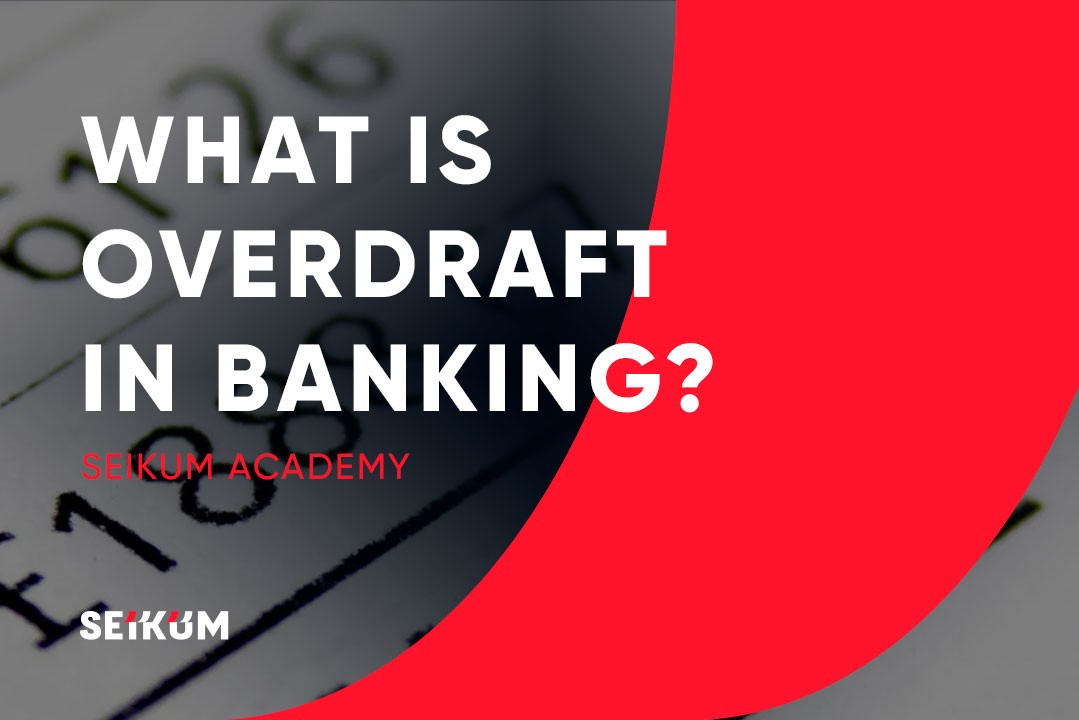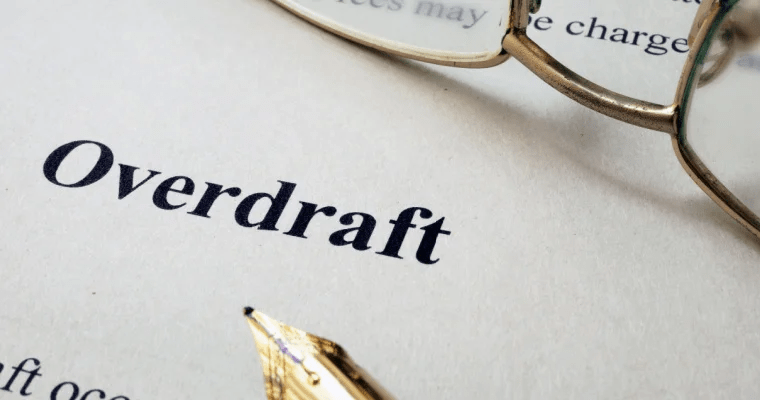What is Overdraft in Banking? Demystifying Overdraft in Banking


Demystifying Overdraft in Banking: What You Need to Know
Have you ever experienced that sinking feeling when your card gets declined at the checkout counter, leaving you wondering, “What is overdraft in banking, and why did this happen?” Fear not, dear reader, for we are here to provide clarity on this puzzling topic.
Understanding Overdraft: A Closer Look at the Basics
Defining Overdraft: In simple terms, overdraft in banking occurs when you spend more money than you have available in your account. It’s like borrowing money from your bank to cover the shortfall temporarily. Think of it as a financial buffer to prevent you from running out of funds. The Overdraft Facility: Banks offer an overdraft facility that allows you to withdraw more money than what is currently in your account, up to a predetermined limit. It’s like having a safety net to catch you when your account balance falls below zero. How Does It Work? Let’s say you have $100 in your account, but you need to make a $150 purchase. Without an overdraft, your card would be declined, and you’d be unable to complete the transaction. However, if you have an overdraft facility of $500, your bank would cover the remaining $50, allowing the purchase to go through. It’s important to remember that this assistance comes at a cost, which we’ll discuss shortly.Overdraft Charges: Understanding the Costs Involved
The Fine Print: While an overdraft facility can save you from awkward situations, it’s essential to recognize that it’s not without its expenses. Banks charge interest on the amount you borrow through an overdraft, and additional fees may apply. Familiarizing yourself with your bank’s terms and conditions regarding overdraft charges is crucial. Interest Rates: When you dip into your overdraft, your bank typically charges interest on the borrowed amount. This interest rate is often higher than what you earn on your regular savings account. Therefore, it’s wise to repay your overdraft as soon as possible to avoid accumulating excessive interest charges. Fees and Penalties: In addition to interest, banks may impose various fees and penalties related to overdrafts. These could include an annual fee for maintaining an overdraft facility or charges for each transaction made while in overdraft. It’s vital to be aware of these potential costs to prevent any unwelcome surprises.Navigating Overdrafts: Best Practices to Follow
Dos:- Stay Informed: Take the time to understand your bank’s terms and conditions regarding overdrafts. Be aware of the interest rates, fees, and penalties associated with it.
- Monitor Your Account: Keep a close eye on your account balance and spending. Regularly checking your transactions can help you avoid unnecessary overdraft situations.
- Communicate with Your Bank: If you anticipate difficulty repaying your overdraft, it’s important to communicate with your bank. They may be able to offer alternative solutions to ease your financial burden.
- Overextend Yourself: While an overdraft facility can be helpful, it’s not an invitation to overspend. Remember that you’ll need to repay the borrowed amount, along with any associated charges.
- Ignore the Terms: Neglecting your bank’s terms and conditions can lead to unexpected fees and penalties. Take the time to understand the rules governing your overdraft facility.
- Solely Rely on Overdrafts: Overdrafts should be used as a temporary solution, not a long-term financial strategy. It’s important to explore other means of managing your finances, such as budgeting and saving.
Conclusion
Now that we’ve demystified “what is overdraft in banking,” you can approach the subject with greater confidence. An overdraft facility can provide temporary financial assistance, but it’s important to understand its costs and implications. By staying informed, monitoring your account, and practicing responsible financial management, you can navigate the world of overdrafts more effectively and avoid any unpleasant surprises along the way.
